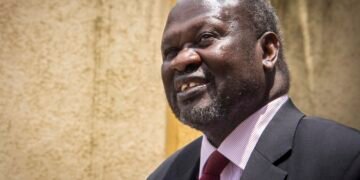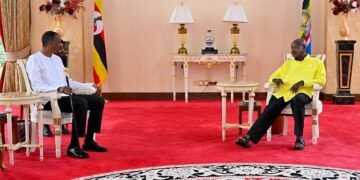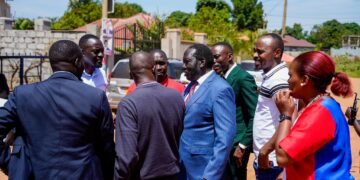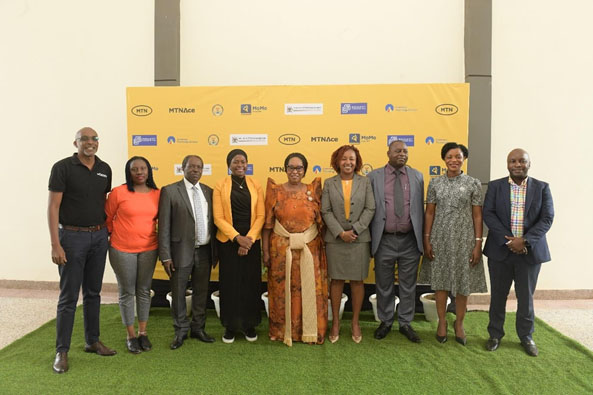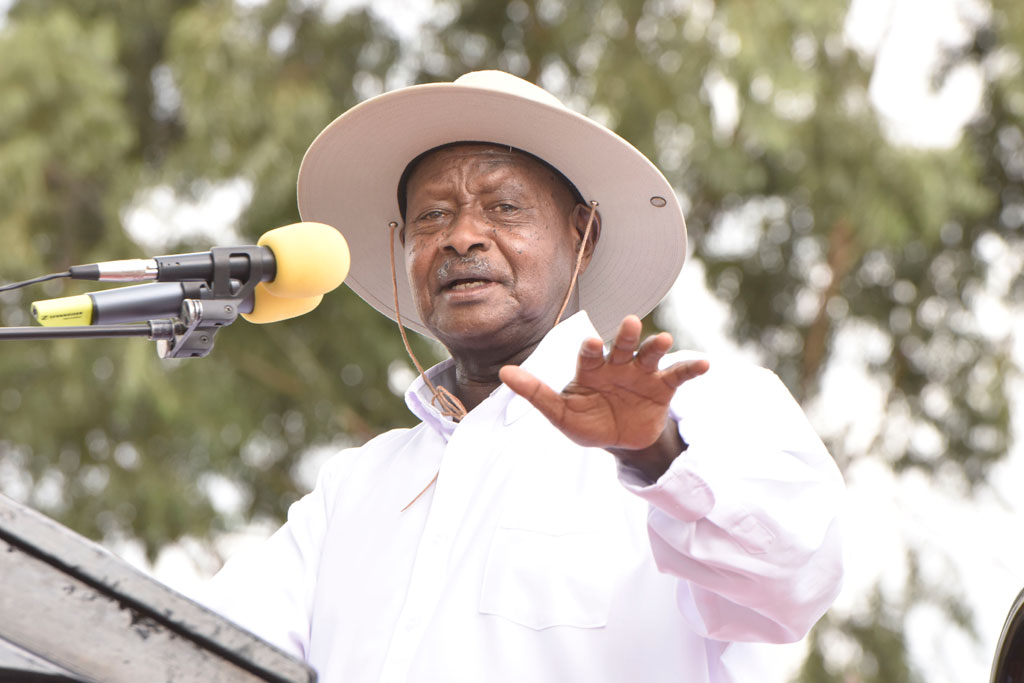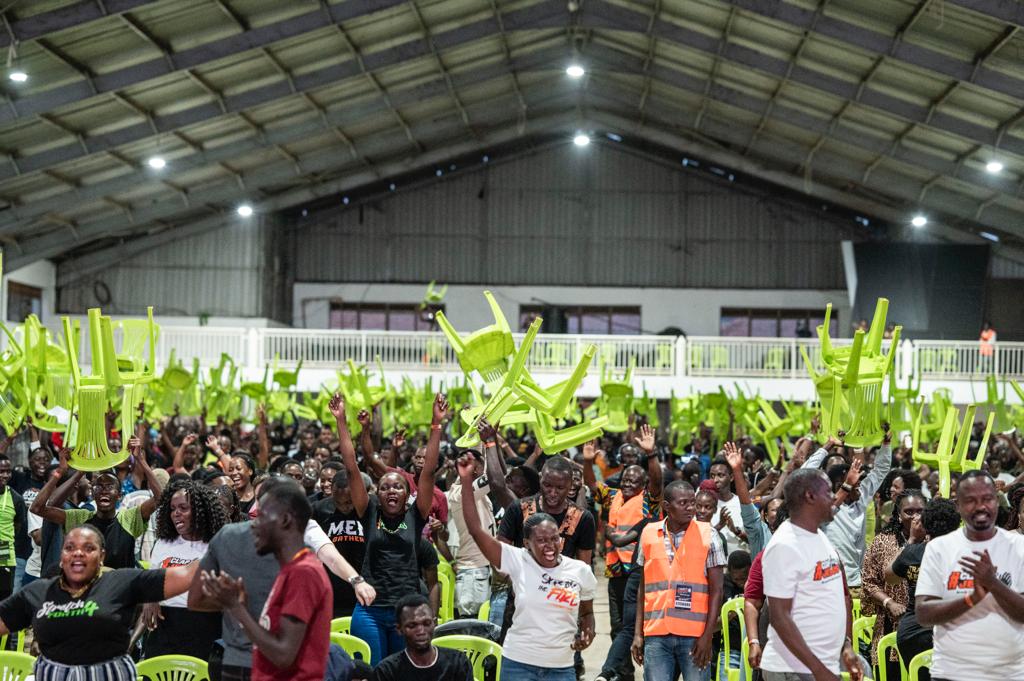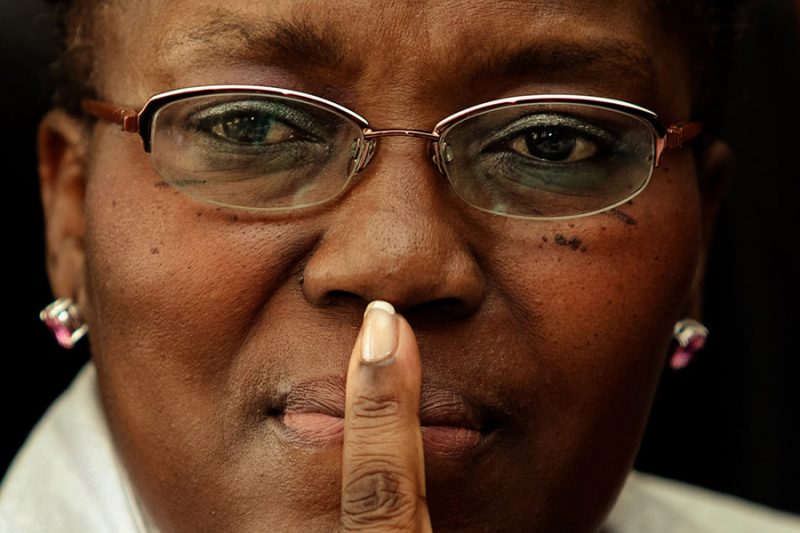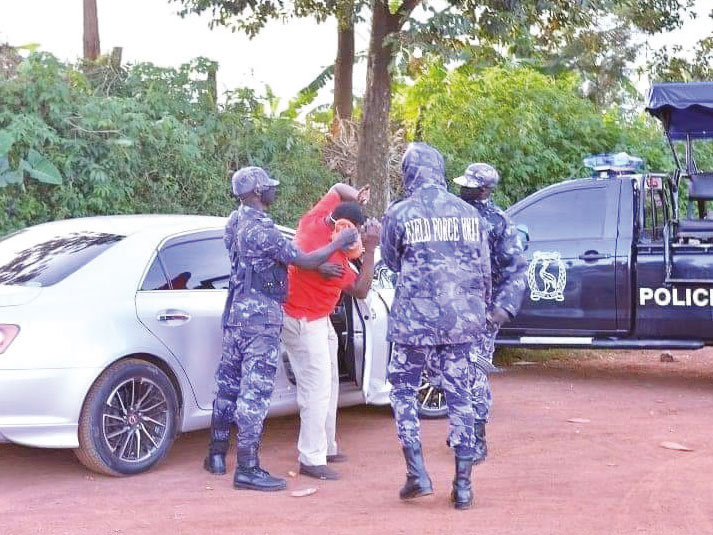As Uganda prepares for the 2026 general elections, the Electoral Commission (EC) has warned that deep-rooted voter apathy and a widespread lack of civic awareness more than logistical or legal hurdles pose the biggest threat to credible and meaningful elections.
Speaking to Ug Mirror, EC Chairperson Justice Simon Byabakama described the electorate’s poor understanding of their constitutional role as a “silent crisis” undermining Uganda’s democracy.
“Many Ugandans have reduced their vote to the value of 1,000 shillings or a piece of soap,” said Justice Byabakama. “They don’t appreciate that their vote is the source of all political authority in this country.”
Despite a registered voter base of over 18 million, only 57.2% turned out in the 2021 elections, leaving behind a trail of unused ballots printed at high cost in foreign currency. The EC fears this trend could worsen in 2026 if the current civic education crisis is not urgently addressed.
While voter education is the EC’s mandate, and broader civic education falls under the Uganda Human Rights Commission, Justice Byabakama emphasized the two are inseparable—and both severely underfunded.
“We receive only 300 million shillings per year for voter education for the whole country. That is less than 20 shillings per voter. We need at least 3 billion shillings to even begin making a difference,” he told lawmakers.
Alongside civic disengagement, the EC also flagged structural and data-related limitations. A planned review of parliamentary constituencies mandated under Article 63(5) of the Constitution has stalled due to lack of parish-level data from the 2024 census.
“UBOS only released district-level figures in December 2024. Without granular data, we could not start the constituency delimitation process,” Byabakama said.
He noted that the Commission is now analyzing detailed data sets from the Uganda Bureau of Statistics (UBOS) to update the National Voters Register the foundation for all elections including Special Interest Group (SIG) polls.
Addressing complaints from disability rights groups over electoral colleges for SIGs, the EC emphasized that it implements the law as enacted by Parliament.
“If stakeholders want to change the electoral college system to universal suffrage, they must lobby Parliament to amend the law,” Byabakama stated.
He also clarified that while the Constitution calls for equal representation by population size, geographic and infrastructural considerations especially in areas like Karamoja justify exceptions.
Justice Byabakama called for a national awakening, urging all stakeholders to play a more active role in mobilizing voters and defending democratic values.
“Voting is not mandatory in Uganda, but the cost of inaction is leadership without accountability. If you don’t vote, you disenfranchise yourself.”
As the 2026 elections approach, the EC’s warning is clear: fixing laws and logistics is not enough Uganda must fix its relationship with democracy itself.



